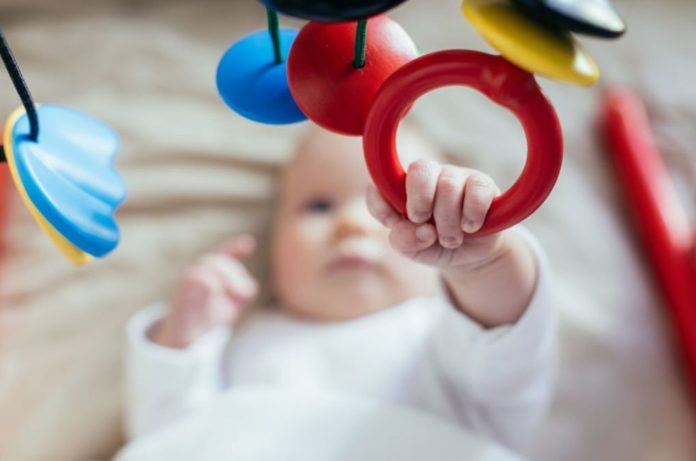Philosophers have been trying to figure out if people are naturally good for thousands of years. However, Japanese researchers have discovered that even early infants may make and act on moral judgments, offering light on the origins of morality.
Researchers from Osaka University, in collaboration with Otsuma Women’s University, NTT Communication Science Laboratories, and the University of Tokyo, discovered that 8-month-old infants can punish antisocial behavior displayed by a third party in a study recently published in Nature Human Behaviour. Thus, the motive behind punishment may be internal rather than acquired.
Only humans have antisocial behavior punishment, and it is universal across cultures. The formation of moral behavior, on the other hand, is little known. Furthermore, examining decision-making and agency in infants can be tricky, which is what the Osaka University researchers intended to do.
“Morality is an important but mysterious part of what makes us human,” says Yasuhiro Kanakogi, the study’s primary author. “We wanted to know whether third-party punishment of antisocial others is present at a very young age, because this would help to signal whether morality is learned,” adds the researcher.
The researchers devised a new study paradigm to address this issue. First, they introduced neonates to a computer system that presented animations on a screen.
Using a gaze-tracking device, the newborns could influence the actions on the screen, such that staring at an object for a long enough period of time resulted in the thing being destroyed.
The infants were then shown a film in which one geometric agent appeared to “hurt” another geometric agent, and the researchers observed whether they “punished” the antisocial geometric agent by staring at it.
“The results were surprising,” Kanakogi says.
They “found that preverbal infants chose to punish the antisocial aggressor by increasing their gaze towards the aggressor.”
To confirm these findings, the researcher employed three control trials to rule out alternative explanations for the infants’ gaze patterns.
“The observation of this behavior in very young children indicates that humans may have acquired behavioral tendencies toward moral behavior during the course of evolution,” Kanakogi adds.
“Specifically, the punishment of antisocial behavior may have evolved as an important element of human cooperation.”
This novel approach to researching decision-making in a social setting could mark a watershed moment in baby cognitive research. The eye-gaze paradigm, in particular, allows for the observation of active decision-making in newborns, whereas much previous research on infant cognition relied on third-party views and thus studied passive responses to events. As a result, this research approach may be effective in revealing further information on preverbal infants’ cognitive abilities.
Image Credit: Getty
You were reading: New Research Says Infants Can Make Moral Decisions For Others
